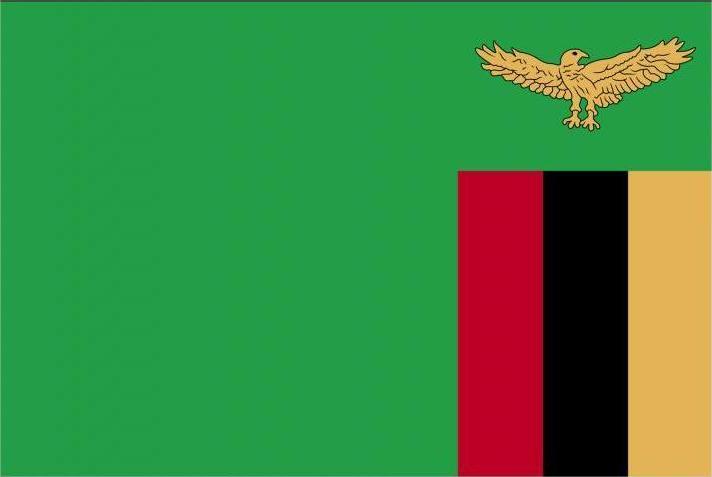Standard Chartered Empowers women with decent housing
Standard Chartered Bank in partnership with Habitat for Humanity, has handed over three houses in Bauleni Township to vulnerable female-headed households. The bank has invested ZMW200,000 to support the provision of decent housing for vulnerable women, under the Habitat for Humanity Annual Women’s Build.
Speaking at the handover ceremony, Standard Chartered Bank CEO, Sonny Zulu said the bank was delighted to be handing over the three houses in Bauleni. He said Standard Chartered through its collaboration with Habitat for Humanity has continued to finance the building of homes for dis-advantaged women in communities such as Bauleni.
“At Standard Chartered Bank, we strongly believe in making a positive, lasting impact in the communities where we operate – by making a real difference in people’s lives, in line with our stand to ‘lift women participation.’ We are pleased to support Habitat for Humanity in their mission to improve the living conditions of female-headed households who, in effect, are facing a housing crisis. Their plight deserves the right levels of attention from us all, as decent housing and shelter is a basic human right,” Mr Zulu said.
Mr Zulu highlighted that the bank was cognizant of the housing crisis that some vulnerable, female-headed households were facing in Lusaka. He stated that through partnerships with organisations such as Habitat for Humanity, the bank has been able to respond to the housing challenge among vulnerable women. “The onus is on all of us – government, the private sector, NGOs and indeed individuals – to play our part to empower Zambians, especially women. Standard Chartered will continue to support government’s efforts to empower vulnerable women in the communities that we operate in, through various initiatives such as the Women's Build,” he said.
The annual Women's BUILD empowers vulnerable women in some of the poorest, dis-advantaged communities across the country. The female-headed households are often occupied by widowed, female-headed households living in deplorable conditions, often caring for orphaned grandchildren. These families tend to live in cramped, over-crowded homes, with poor ventilation and sanitation.























































First, please LoginComment After ~